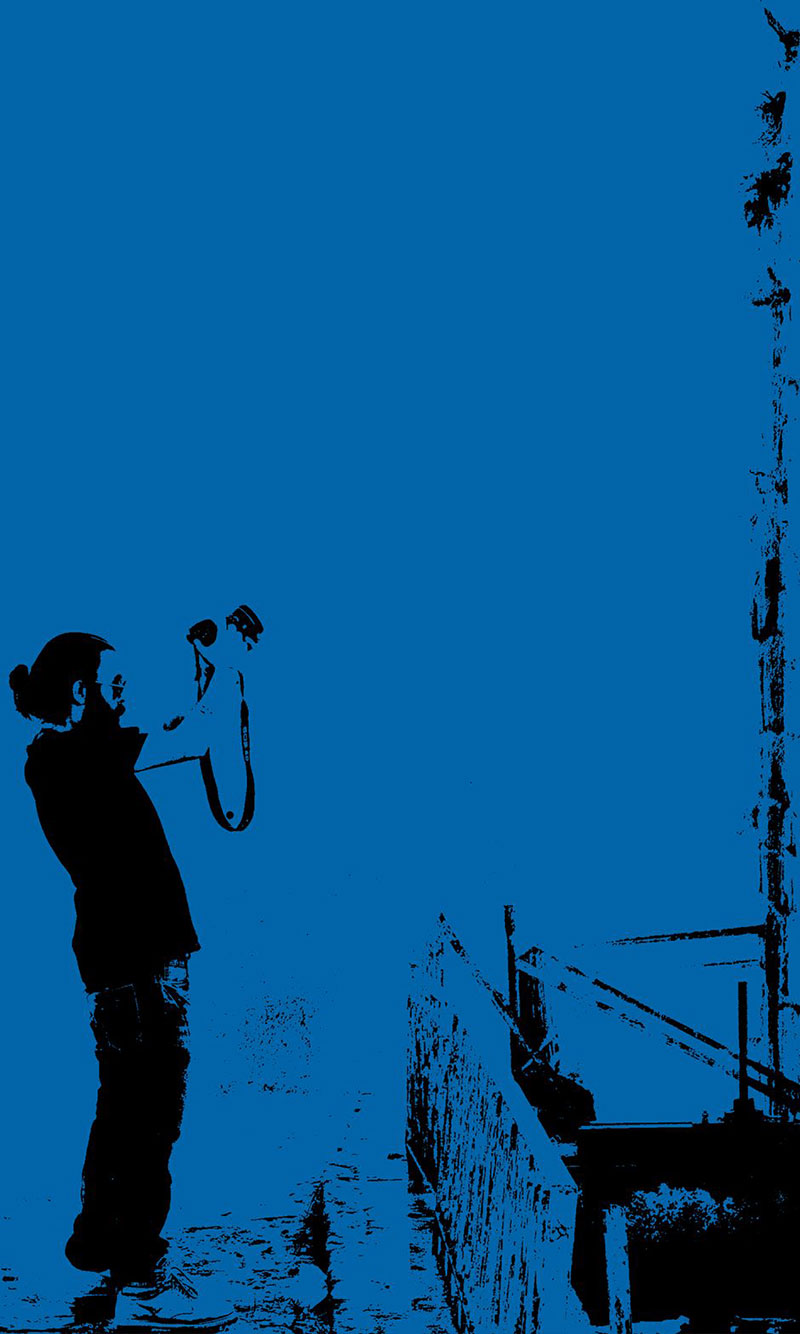Simon Safieh: I make films to connect with people, and cinema is my way to discover the world
By Juhaina – Nour Al-Din Najjar
A talent everyone anticipated. The Cinema Club in Tartous ignited his love for cinema, a love he fully embraced and immersed himself in. Cinema became a tool for discovering the world, introducing himself to it, and communicating with people. Deeply concerned with contemporary realities, he followed their burdens to document an era. He embraced independent cinema and made it his mission. With self-financing and personal effort, he presented his first feature film Sardine Tries to Fly after years of work—honored at the Napoli Film Festival in Italy.
He is the young filmmaker Simon Safieh, whom Juhaina interviewed to talk about his journey, his works, and his vision of cinema and reality.
Award in Italy
First of all, congratulations on your film Sardine Tries to Fly winning the award and the mention from the jury at the Napoli Film Festival. How did the international audience receive an independent film coming from Syria?
The reception was best expressed in the statement the festival jury included with the award. It read:
“The award is given for creating a balanced relationship between imagination and reality without any sense of separation between the narrative’s different elements, offering a metaphorical tension that places memory and identity side by side within the film space.”
This recognition was artistic, at the jury level, which gave me a sense of comfort—especially since this festival was the film’s first screening after its completion. It is a hybrid film that preserves narrative across multiple modes, creating intersections between fiction and documentary to simulate an extraordinary reality.
It took me five years to produce this film—from 2015 to 2019. What challenges did I face during this project?
Working on a project that spans five years is incredibly demanding. Every day during those years, countless questions come to mind. Your relationship with the film becomes a complex mix of closeness, familiarity, and sometimes denial. Add to that less philosophical but more practical challenges, such as the lack of electricity for work—alternative solutions aren’t always available.
There’s also the humiliating technical poverty the Syrian film industry suffers from, particularly in independent cinema.
This experience strengthened my belief that filmmaking is not merely a desire—it’s a need. And if it’s not a need for the filmmaker, it simply won’t happen.
After all this effort, what does the award mean to you?
A film is complete once it is watched. What matters to me is that the language I used in the film was understood by people from outside my culture, that it managed to reach them. Even though the story is local, the film connects with people from different cultures and languages.
Another important aspect: the film is independent, made with the voluntary effort of its team and financial support from my family and friends. Most collaborators worked without pay. Yet, the film saw the light, earned recognition, and opened doors.
What impact did the experience of Sardine Tries to Fly leave on you after years of work?
On a human level, the film offered me an entire life experience. I met many artists who collaborated during different phases of production—they truly enrich life. It’s a journey I’m still on, as I’ve now reached the marketing phase.
Self-Affirmation
This film is an extension of your earlier work The Tunnel, which documented the lives of displaced people. It was made in response to a question you asked yourself: Can I really be a filmmaker? Why did you ask that question?
At first, I don’t know if Sardine Tries to Fly is really a continuation of The Tunnel, though the documentary component might make it seem so. The structure, however, is different.
As for the question “Can I be a filmmaker?” — it came after making my film Why?, which was produced by the National Film Organization in 2012 under the Young Filmmakers Support Project. I wasn’t satisfied with the result—this is a personal feeling, of course. Reaching artistic satisfaction is hard.
Cinema taught me to recognize my mistakes in order to move past them.
I bought a Canon 600D camera with some money I earned working as an assistant director and made The Tunnel, a 25-minute documentary produced by Poor Film in 2013.
Did The Tunnel answer your question?
No. On the contrary, instead of answering it, the experience raised even more questions—most importantly



